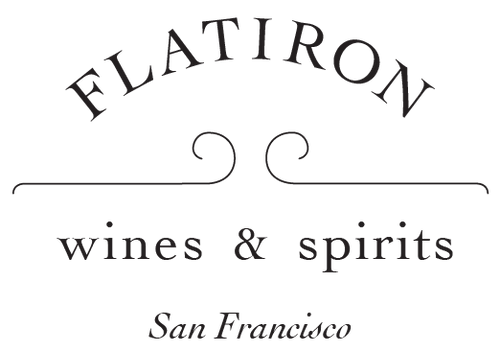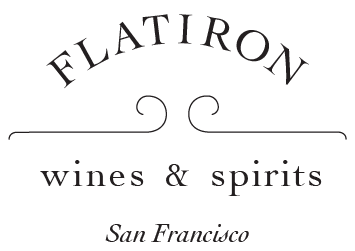Clemens Busch is among the Mosel producers who were early leaders in what you might think of as Germany's new school. It's a movement that emphasizes dry wines, organic farming, and traditional techniques in the winery (such as natural fermentation and the use of fuders), often made from old vines in out-of-the-way places. It's a movement that has given us names like Peter Lauer, Knebel, Weiser-Künstler, and Falkenstein, and has definitely been a key factor in re-sparking American interest in German wine.
Clemens Busch makes wines in a wild corner of the northern Mosel where the vineyards are collectively known as Marienburg. The Marienberg was collateral damage of German bureaucracy in 1971. It's 23 hectares were expanded to include 91 hectares and its reputation quickly faded. Clemens and Rita have spent a lifetime teasing out the once recognized parcels and applying their lost names. Red, grey and blue slate snake through the vineyard. Each bottle, besides being a single vineyard, is further divided by slate type with a corresponding capsule to indicate which color it was grown on.
A fifth generation winemaker in his family (with the same name for seven generations!), Clemens Busch is a pioneer of biodynamic Riesling in the Mosel and quite the iconoclast. He converted his insanely steep vineyards in Pünderich to organic farming back in 1984 and has more recently converted them to biodynamic farming, something far from the norm in the Mosel. The town of Pünderich sits right on the border between the middle and lower Mosel where there exists a wealth of diversity in soils - primarily gray slate, red slate, and blue slate.
Professional Reviews
Antonio Galloni
Details
-
Grape Variety
-
Vintage
2022
-
Size
750ml
-
Farming Practice
Organic
-
Style
Earthy , Fruity , Minerally
-
Sweetness
Dry
-
Body
Light Bodied


